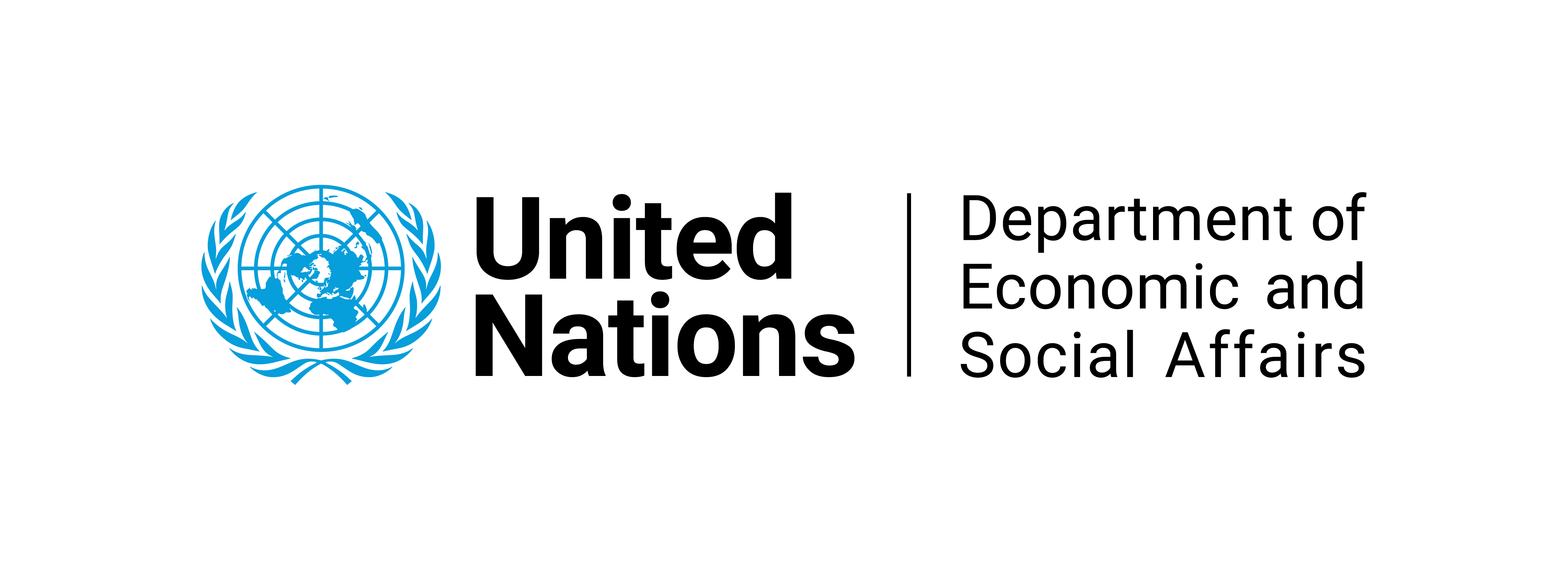14.1 Introduction#
This chapter covers the management of data, information, and knowledge in a national statistical office (NSO). Statistical data are the major asset and raison d’être of an NSO. Producing statistics information, and knowledge is the core work of an NSO, but NSOs are also leaders in the national statistical system (NSS). With increasing amounts of data becoming available from NGOs, businesses, and other actors, the NSO’s role in managing data has expanded. To ensure that data are available to the people who need them, in the right format, and at the right time requires appropriate and well-functioning data systems, information systems, and knowledge management systems. These systems cut across many domains involving information governance, information management, information security, records management, information access and customer information management.
The following activities are covered in this chapter:
Data and metadata management.
Information management.
Knowledge management.
Management of archives.
Data and metadata management deals with the requirements of the statistical data processing life cycle from collection through dissemination to archiving. Information management covers the ways to organize, analyse, and retrieve data and information and how information management systems can make data and information searchable, accessible, easily retrievable and as widely available as possible within an NSO.
Knowledge management concerns how collective information, knowledge and expertise can be used to be more effective as an organization. It covers the management of data flow, the sharing of “know-how”, knowledge retention, collective information, knowledge and expertise. The management of archives covers policies for data archiving and data retention.
The Generic Activity Model for Statistical Organizations (GAMSO) describes and defines the activities that take place within a typical NSO and provides supplementary text for this chapter of the most essential activities needed to manage the data, information, and knowledge in an NSO. In particular, the GAMSO section ‘Manage information and knowledge’ describes the activities covering the ownership or custody of records, documents, information and other intellectual assets. It also covers the governance collection, arrangement, storage, maintenance, retrieval, dissemination, archiving, and destruction of information. It includes the activities needed to maintain the policies, guidelines, and standards regarding information management and governance.
